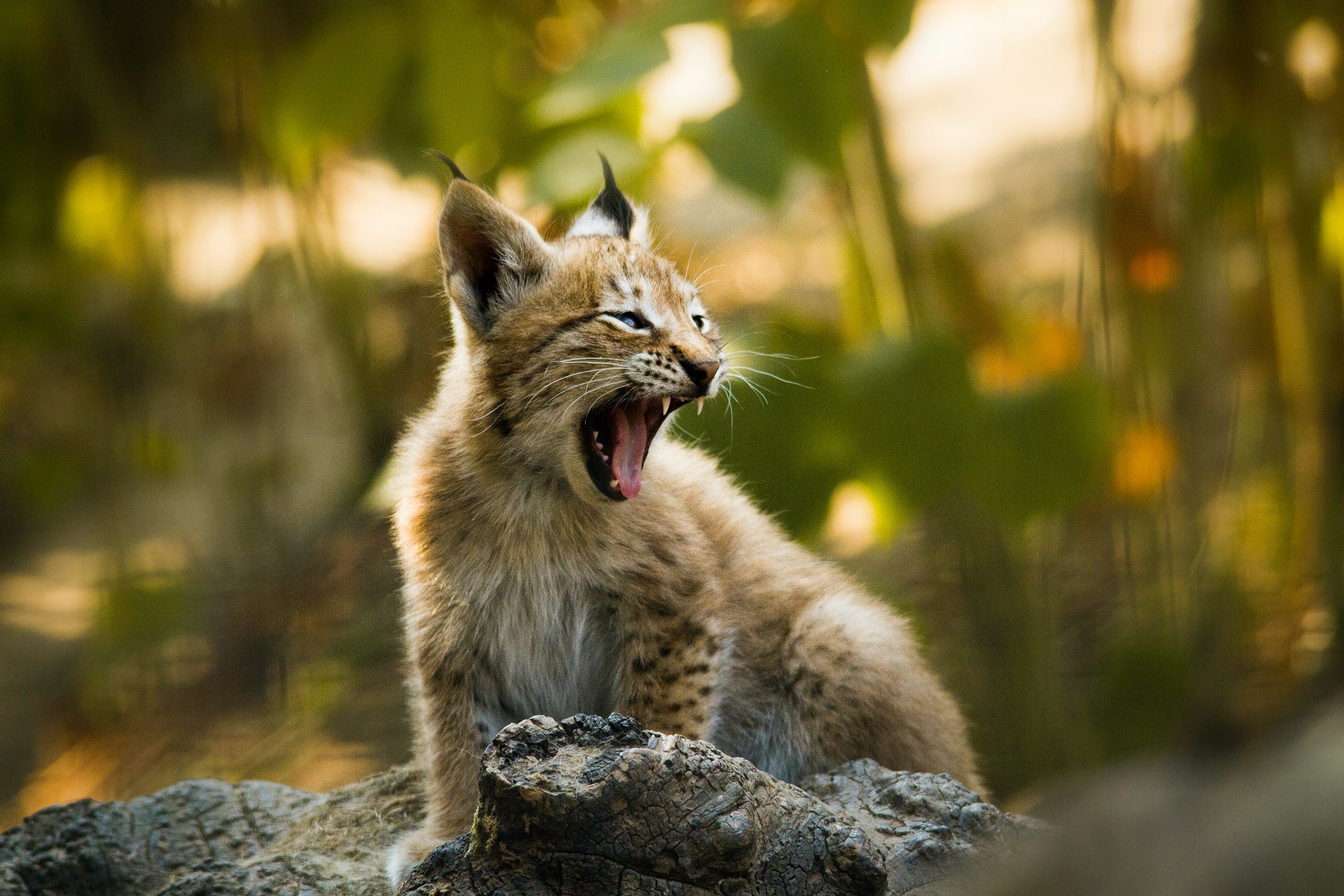Table of Contents
ToggleIntroduction:
Sweden has been in the news lately for its decision to allow the hunting of hundreds of lynx following the biggest-ever wolf cull. This move has sparked controversy among conservationists, animal rights activists, and the general public. In this article, we will take a closer look at the reasons behind the lynx hunting decision and explore the potential impact on Sweden’s ecosystem.
What is Lynx hunting and why is it happening in Sweden?
Lynx hunting is the practice of killing lynx for sport or as a form of wildlife management. Sweden’s decision to allow the hunting of hundreds of lynx comes after the country’s biggest-ever wolf cull. The wolf population in Sweden has been culled in recent years due to concerns about attacks on livestock and pets. However, this has led to an increase in the lynx population, which is now seen as a threat to the country’s reindeer industry.
Impact on Sweden’s ecosystem:
The decision to allow the hunting of hundreds of lynx has sparked concerns about the impact on Sweden’s ecosystem. Lynx are apex predators and play a vital role in maintaining a healthy balance in the food chain. They help to control the population of other animals, such as deer and rabbits, which can cause damage to crops and forests. By removing lynx from the ecosystem, there is a risk of an overpopulation of other animals, which could have a negative impact on the environment.
Opposition to Lynx hunting:
There has been significant opposition to the lynx hunting decision in Sweden. Animal rights activists and conservationists argue that the move is cruel and unnecessary. They believe that alternative solutions, such as better livestock management practices, could be employed to reduce the impact of lynx on the reindeer industry. Additionally, they argue that lynx hunting goes against the principles of conservation and threatens Sweden’s biodiversity.
Proponents of Lynx hunting:
Despite the opposition, there are those who support the lynx hunting decision. They argue that the increase in the lynx population has led to a significant impact on the reindeer industry, which is a vital part of Sweden’s economy. Additionally, they argue that hunting is a necessary form of wildlife management, as it helps to control the population of animals that can cause damage to crops and forests.
Conclusion:
The decision to allow the hunting of hundreds of lynx in Sweden has sparked controversy and raised concerns about the impact on the country’s ecosystem. While some argue that lynx hunting is a necessary form of wildlife management, others believe that it goes against the principles of conservation and threatens Sweden’s biodiversity. Ultimately, it is up to the Swedish government to strike a balance between protecting the country’s economy and preserving its natural environment.







